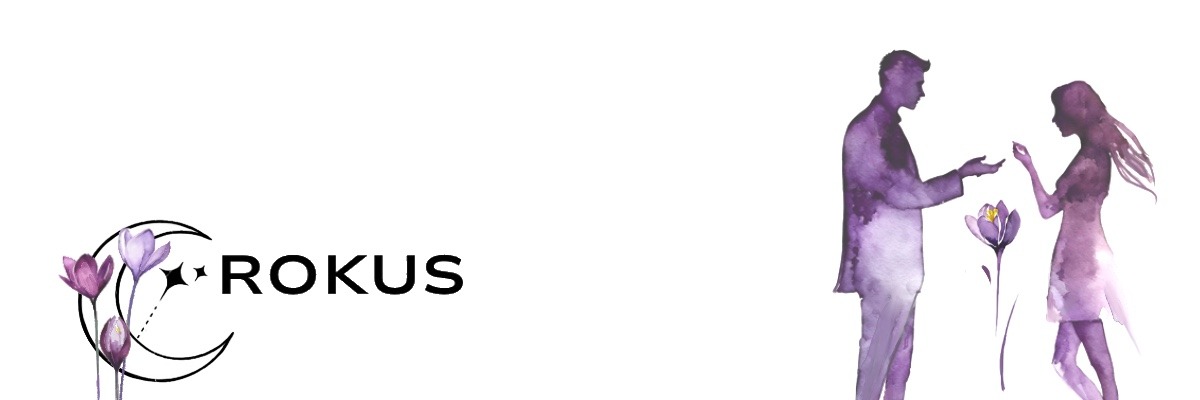Emotions are the heartbeat of any relationship. They create passion, deepen intimacy, and shape our connection with a partner. But emotions can also become the biggest obstacle to love, leading to misunderstandings, conflicts, and even breakups. When left unchecked, they influence our reactions in ways we don’t always recognize. How to control emotions in a relationship is crucial, as unregulated feelings can sabotage your bond. So, how do emotions sabotage relationships, and more importantly, how can you take control before it’s too late?
Emotional Triggers: The Hidden Landmines in Relationships
Have you ever found yourself overreacting to something small—your partner forgetting to text back, a passing comment, or a change in their tone? Chances are, your emotional triggers are at play. Emotional triggers are unresolved wounds from the past that cause intense reactions in the present.
Psychologist John Gottman, a leading relationship expert, describes what he calls “negative sentiment override”, where one partner starts viewing everything through a negative filter. Even neutral or positive interactions get misinterpreted as hostile or uncaring. If your partner comes home late, instead of assuming they were stuck at work, you immediately think, They don’t care about me.
A 2015 study published in ‘Emotion’ found that people with high emotional reactivity tend to have shorter and more conflict-driven relationships. The more we let past wounds dictate our present, the harder it becomes to communicate effectively.
Fix it: Identify your triggers.
The next time you feel a strong emotional reaction, ask yourself:
• Am I reacting to this situation or to something from my past?
• What story am I telling myself about my partner right now?
• Is there another way to interpret their actions?
If you find yourself caught in emotional spirals, you might ask for help from your subconscious using Tarot cards. You can try questions like What is blocking us? or How can we communicate better?
The Silent Relationship Killer: Emotional Suppression
While some people let emotions explode, others do the opposite—they bottle them up. Suppressing emotions may seem like the mature thing to do, but it often creates resentment, distance, and emotional disconnection.
A study from the Journal of Social and Personal Relationships found that partners who suppress their emotions experience lower relationship satisfaction and higher stress levels. Why? Because unexpressed feelings don’t disappear; they fester. If you constantly avoid difficult conversations, your partner may feel like they don’t really know you. Over time, emotional suppression can lead to disinterest, reduced intimacy, and even infidelity.
Fix it: Start practicing emotional honesty.
Instead of hiding your feelings, express them in a constructive way:
- I feel hurt when you cancel plans last minute because it makes me feel unimportant.
- I’ve been feeling distant from you lately. Can we talk about what’s going on?
If you struggle to open up, these questions may help How can I open up to my partner? and What does my partner need me to understand?
Emotional Projection: When Your Feelings Become Theirs
Projection happens when we unconsciously attribute our own emotions to our partner. If you feel insecure, you might accuse them of losing interest. If you struggle with trust, you might assume they’re hiding something.
Famous psychoanalyst Carl Jung once said, “Everything that irritates us about others can lead us to an understanding of ourselves.” Projection blinds us to reality and creates unnecessary tension.
Fix it: When you feel frustrated with your partner, take a step back and ask yourself a few questions.
What can you ask yourself? Something like that:
- Am I projecting my own fears onto them?
- Could my past experiences be influencing how I see this situation?
If doubts keep surfacing, consider asking for Tarot’s help by asking questions Is my partner sincere? and What does my partner think about us?
Breaking Free: How to Make Your Emotions Work for You, Not Against You
Emotions don’t have to be the enemy of love. When managed well, they can deepen trust, create intimacy, and strengthen bonds. The key is to recognize when emotions are steering the ship and take back control.
- • Practice mindfulness. Pay attention to your emotional reactions without acting on them immediately.
- • Communicate openly. Let your partner know what’s going on inside without blaming or attacking.
- • Challenge negative thoughts. Ask yourself if there’s a more balanced way to view the situation.
- • Seek self-awareness. Tarot can be a powerful tool for emotional reflection and self-discovery.
If you want to gain deeper clarity on your emotions and their impact on your relationship, these tarot questions might be helpful:
What are my strengths in love? and What are my weaknesses in love? and What should I focus on in my relationship?
Your emotions are not the enemy—they are guides. When you learn to navigate them with awareness, you don’t just improve your relationship. You transform it.
Emotions act as an internal compass, signaling what truly matters to you. When you feel jealousy, it might indicate a fear of loss or unmet needs for reassurance. When anger arises, it could be highlighting a boundary that has been crossed. Even sadness, often seen as a weakness, can be a sign of deep emotional investment and a longing for connection. Instead of suppressing these emotions or reacting impulsively, learning to control your emotions and interpret them can shift the entire dynamic of your relationship.
Research from Dr. Susan David, a psychologist at Harvard Medical School and author of Emotional Agility, emphasizes that avoiding or ignoring emotions can lead to unhealthy coping mechanisms and relationship dissatisfaction. Instead, she advocates for emotional agility—the ability to recognize, accept, and respond to emotions in a way that aligns with long-term goals and values (Harvard Business Review). Learning how to control your emotions in a relationship is key to avoiding such pitfalls.
By embracing emotions as valuable messages rather than threats, you move from a place of reaction to intentional action. This means expressing your needs calmly instead of lashing out, asking clarifying questions instead of assuming the worst, and finding solutions together rather than letting emotions create distance. Emotional mastery isn’t about eliminating difficult feelings—it’s about using them as a tool for deeper understanding and connection.
When you stop fighting your emotions and start working with them, your relationship evolves. You become more attuned to your partner’s feelings, more patient in conflicts, and more capable of building the emotional security that strengthens love over time.



